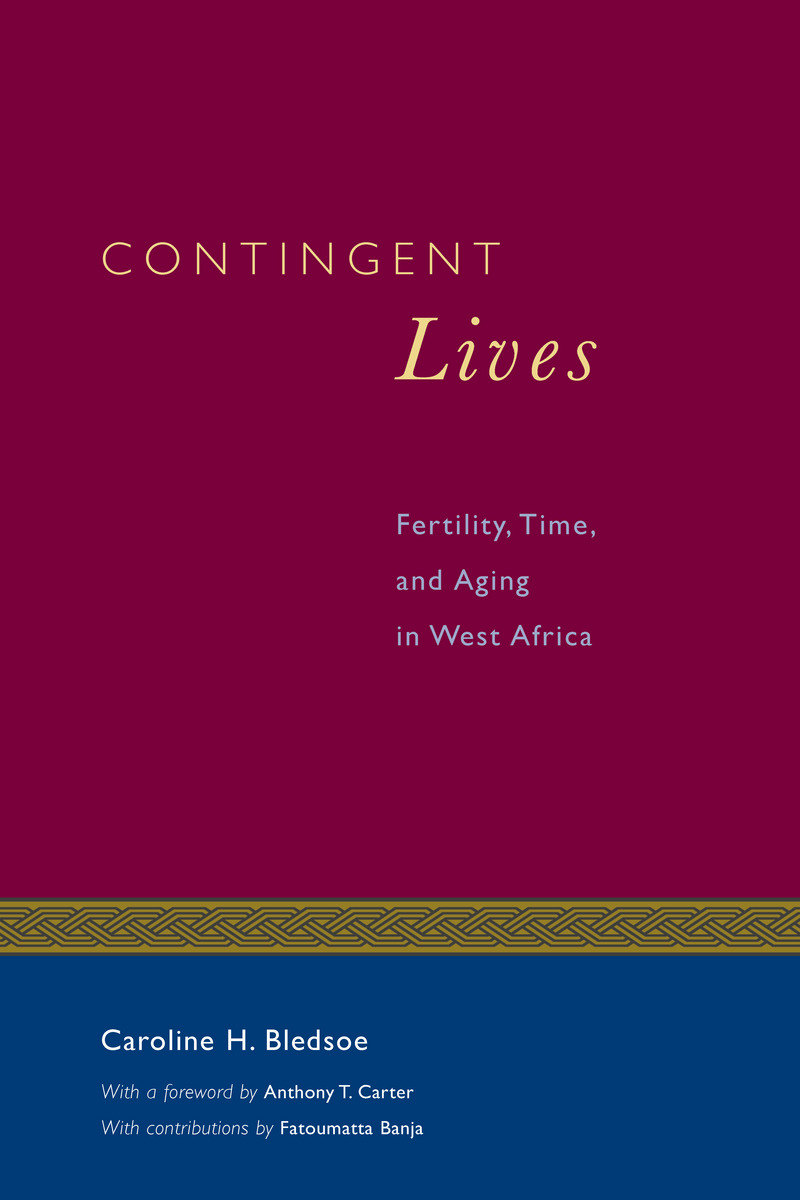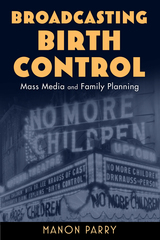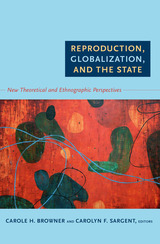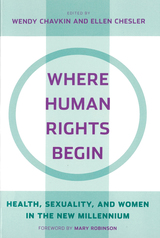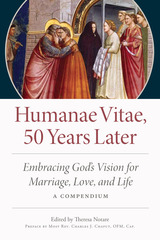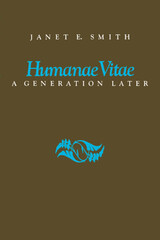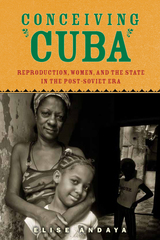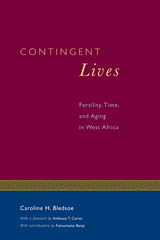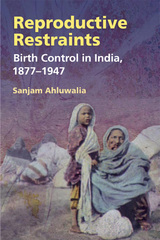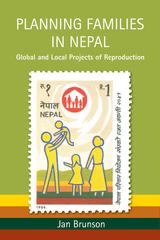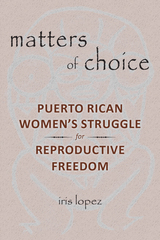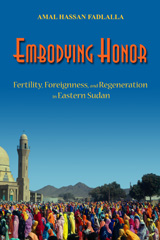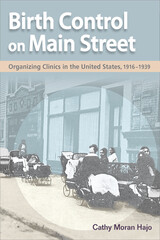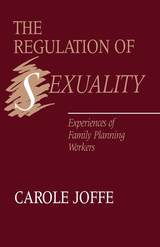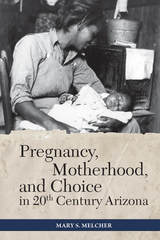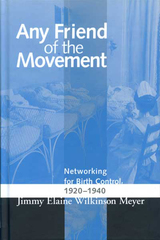Contingent Lives: Fertility, Time, and Aging in West Africa
University of Chicago Press, 2002
Cloth: 978-0-226-05851-1 | Paper: 978-0-226-05852-8 | eISBN: 978-0-226-05850-4
Library of Congress Classification HQ766.5.G25B54 2002
Dewey Decimal Classification 363.96096651
Cloth: 978-0-226-05851-1 | Paper: 978-0-226-05852-8 | eISBN: 978-0-226-05850-4
Library of Congress Classification HQ766.5.G25B54 2002
Dewey Decimal Classification 363.96096651
ABOUT THIS BOOK | AUTHOR BIOGRAPHY | TOC | REQUEST ACCESSIBLE FILE
ABOUT THIS BOOK
Most women in the West use contraceptives in order to avoid having children. But in rural Gambia and other parts of sub-Saharan Africa, many women use contraceptives for the opposite reason—to have as many children as possible.
Using ethnographic and demographic data from a three-year study in rural Gambia, Contingent Lives explains this seemingly counterintuitive fact by juxtaposing two very different understandings of the life course: one is a linear, Western model that equates aging and the ability to reproduce with the passage of time, the other a Gambian model that views aging as contingent on the cumulative physical, social, and spiritual hardships of personal history, especially obstetric trauma. Viewing each of these two models from the perspective of the other, Caroline Bledsoe produces fresh understandings of the classical anthropological subjects of reproduction, time, and aging as culturally shaped within women's conjugal lives. Her insights will be welcomed by scholars of anthropology and demography as well as by those working in public health, development studies, gerontology, and the history of medicine.
Using ethnographic and demographic data from a three-year study in rural Gambia, Contingent Lives explains this seemingly counterintuitive fact by juxtaposing two very different understandings of the life course: one is a linear, Western model that equates aging and the ability to reproduce with the passage of time, the other a Gambian model that views aging as contingent on the cumulative physical, social, and spiritual hardships of personal history, especially obstetric trauma. Viewing each of these two models from the perspective of the other, Caroline Bledsoe produces fresh understandings of the classical anthropological subjects of reproduction, time, and aging as culturally shaped within women's conjugal lives. Her insights will be welcomed by scholars of anthropology and demography as well as by those working in public health, development studies, gerontology, and the history of medicine.
See other books on: Aging | Birth control | Fertility, Human | Statistics | West Africa
See other titles from University of Chicago Press
